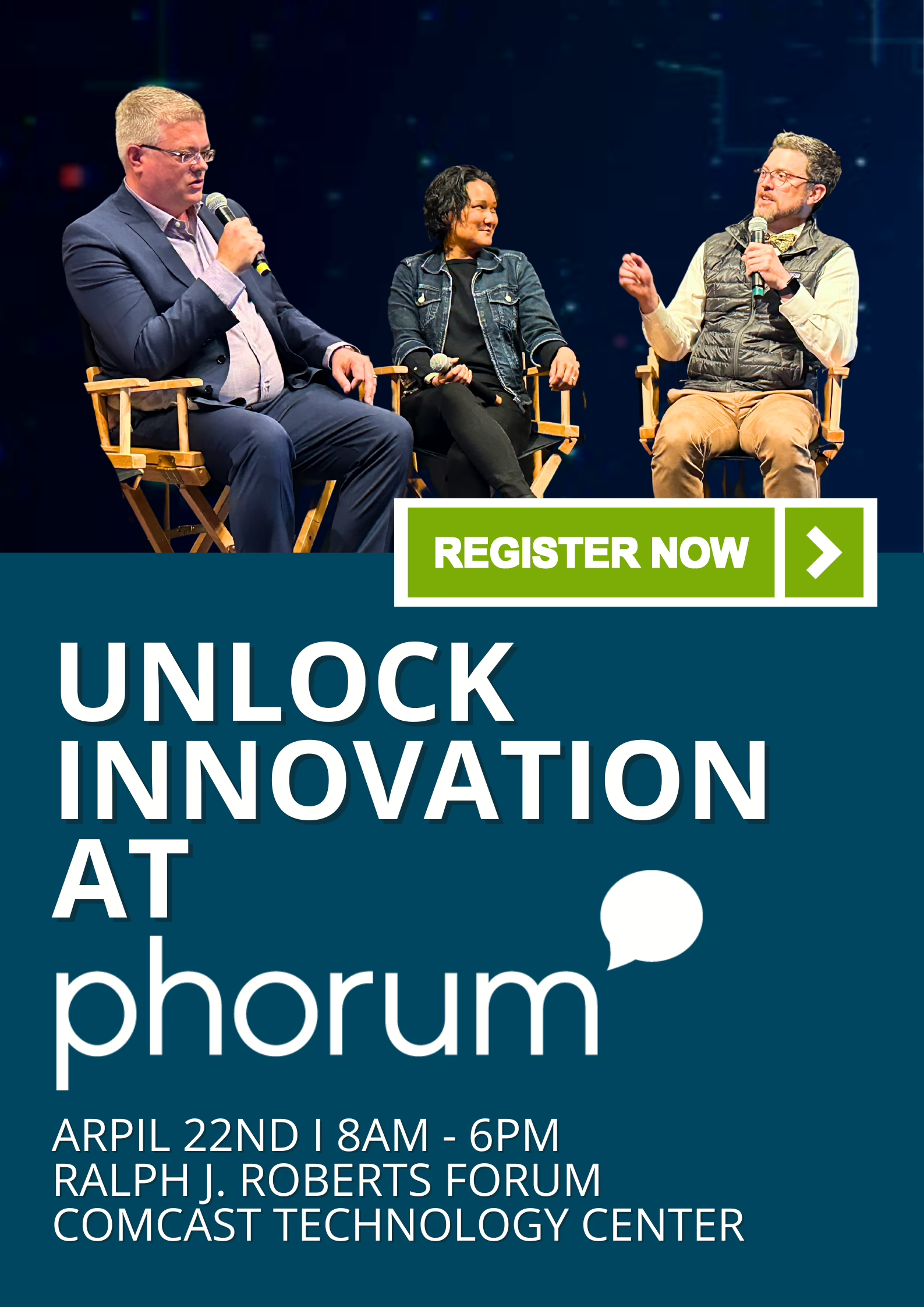Quality Assurance for quality care: A healthcare perspective
Contributed by Cigniti Technologies
The rate of adoption of digital solutions in the healthcare sector has expedited in the last few months, courtesy the global pandemic, severe shortage of healthcare professionals, and high volume of incoming patients.
The healthcare institutes are compensating for the low doctor to patient ratio by deploying sophisticated digital health platforms and advanced medical devices to maintain the same level of quality while attending to those in need.
The pandemic has disrupted the normal ways of doing things, from how we engage in social events to how we get treated for a simple flu. Several healthcare organizations cancelled all the elective procedures and stopped attending non-critical patients amidst the rising number of COVID-19 cases.
In such a situation, embracing the path of digital transformation remained the only resolution to maintain the ideal equilibrium between the healthcare practitioners and the patients.
Despite the fact that the journey of healthcare on the path of digital maturity has been really slow, it has garnered the necessary speed due to the situational circumstances.
However, amidst all the chaos and the hastiness to achieve a ‘normalized’ version, it is important not to compromise on the quality of care, and that is where Quality Assurance comes into the picture.
Healthcare software solutions need to be thoroughly tested end to end from the multiple aspects of performance, functionality, security, privacy, and regulatory compliance.
A groundbreaking medical devices company leveraged end-to-end quality engineering services
An innovative medical device company, dedicated to making the lives of people with diabetes and similar conditions easier, offers a unique alternative to traditional insulin delivery methods for people with insulin-dependent diabetes through their proprietary insulin management system.
With the objective of simplifying and customizing delivery of complex drug regimens, the client is focused on innovating groundbreaking medical device technology and improving the overall quality of life. Since the technology and device developed is first-of-its-kind, a novel approach to test it was required. This involved multiple types of testing including the formal Design Verification (DV) testing using both Manual testing & Test Automation for various mobile applications & devices, as also the Medical devices.
They were looking for an organization that could provide a robust framework for integrating software, mobile devices, and medical devices. As the devices were based on the emerging technologies, they lacked test processes and artifacts. They also required certification tests to be conducted to ensure that their device is compliant with the standard protocols and interfaces.
The client chose Cigniti for our deep experience in the emerging technologies and in executing end-to-end mobile application testing to ascertain seamless performance across multiple devices.
The Cigniti team automated the end-to-end testing environment utilizing our Robotics-assisted test automation solutions. We implemented a shift-left strategy and utilized in-sprint test automation for testing the functionality and monitoring the performance and security of the application across devices. We set up a robust test environment to conduct end-to-end testing of the mobile apps, insulin administration devices, simulators, etc.
We implemented QA best practices and process framework across STLC to streamline the testing processes and ensure delivery of continuously high-quality products for the client. Our precision regression testing approach drastically reduced testing time by more than 50% and accelerated time-to-market.
Read the complete success story.
To reach out to our healthcare and lifesciences software testing experts, schedule a discussion with us today.






